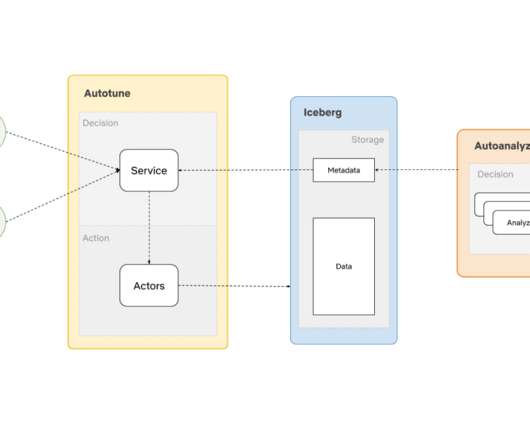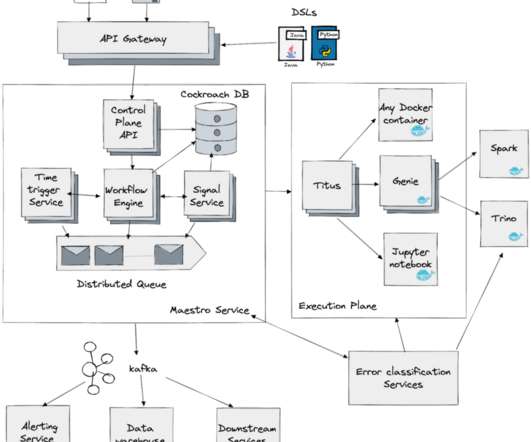How Data Inspires Building a Scalable, Resilient and Secure Cloud Infrastructure At Netflix
The Netflix TechBlog
MARCH 5, 2019
As a micro-service owner, a Netflix engineer is responsible for its innovation as well as its operation, which includes making sure the service is reliable, secure, efficient and performant. In the Efficiency space, our data teams focus on transparency and optimization.













Let's personalize your content